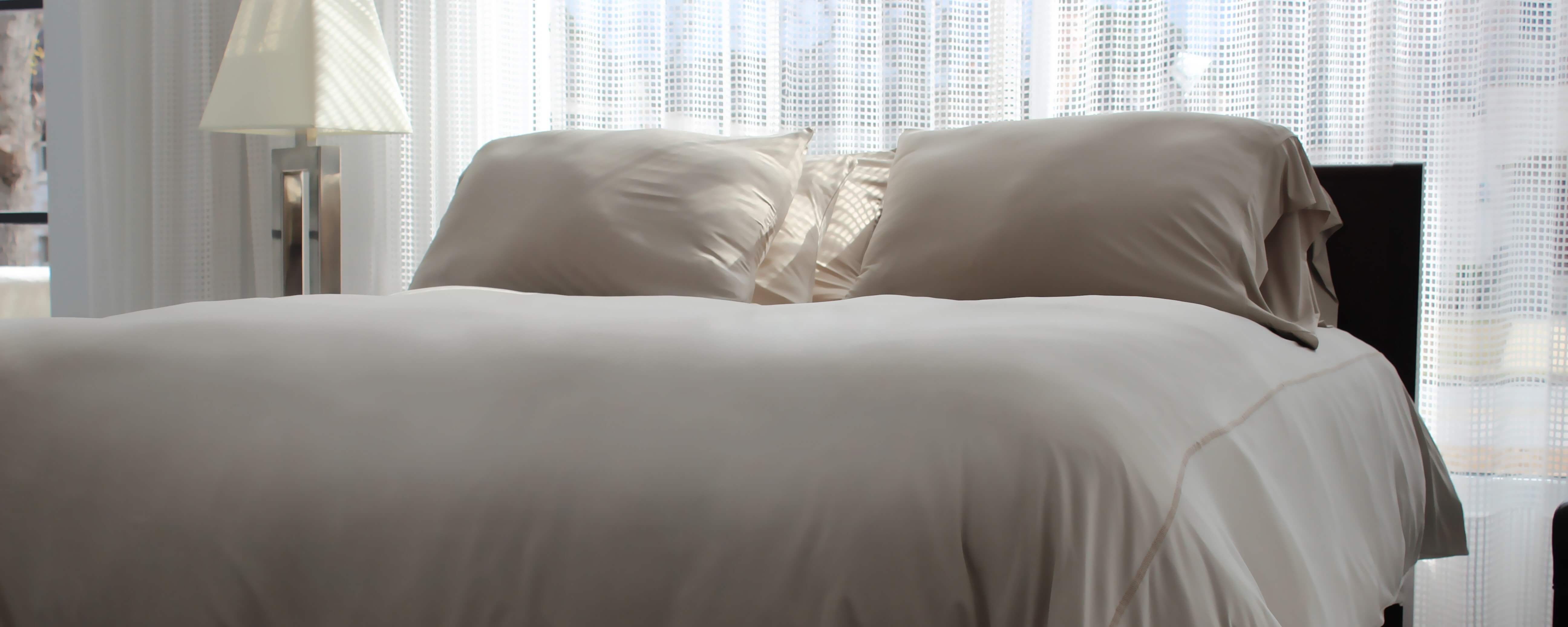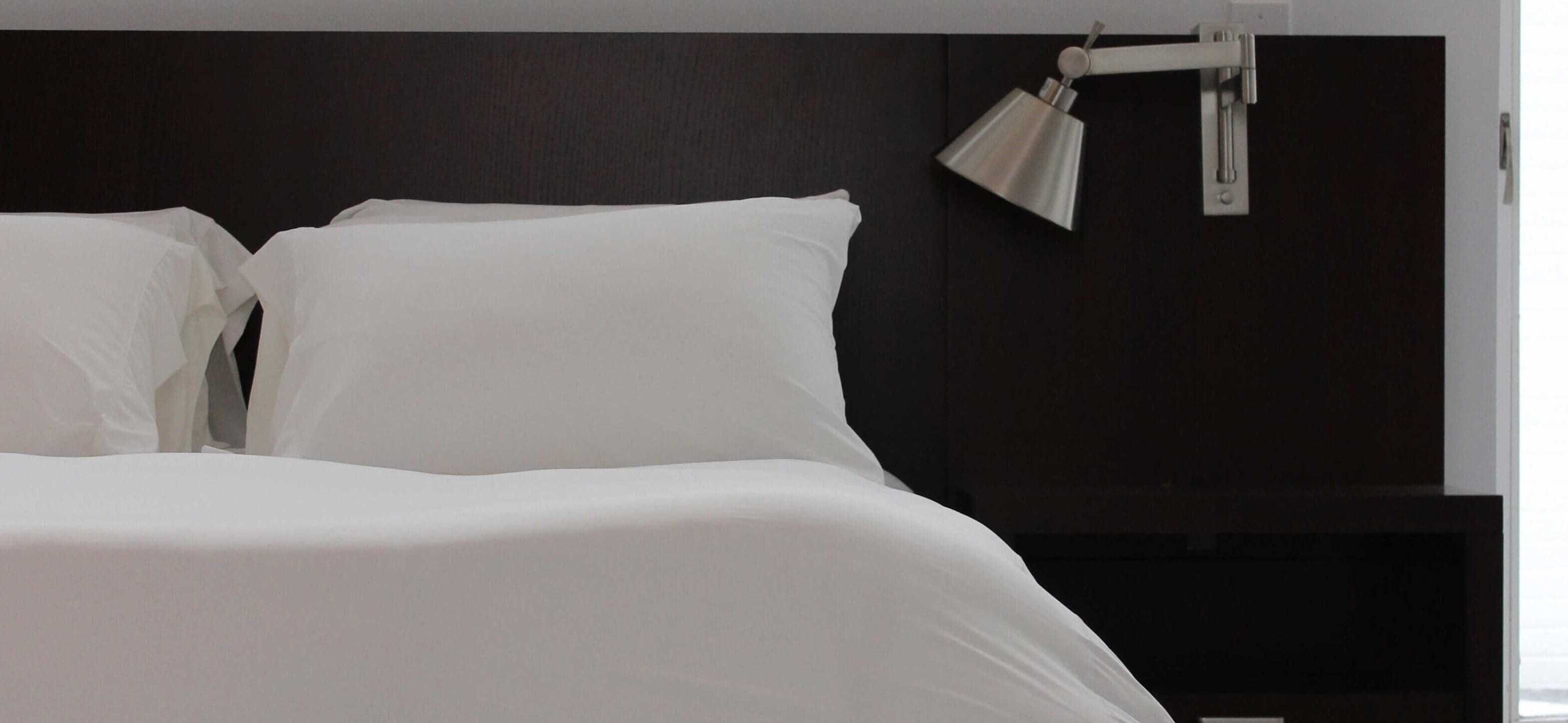1. Better Sleep Quality
Those who exercise regularly not only fall asleep faster, they stay asleep longer. On average, exercisers slept for an extra 14 minutes compared to those who did not exercise during the day. This means they experience a deeper, more restful sleep which is necessary for the body to re-energize and restore itself after a long day. Muscle and brain cell repairs also take place during deep sleep.
2. Increased Alertness
The connection between sleep and exercise also extends to a person’s mental state. Those who participate in physical activity wake up the next morning more alert and aware. This increases productivity and decreases lag during the work day. In addition to improving alertness, sleep and exercise can also improve your mood.
3. Improved Circadian Rhythm
Exercisers also saw improved sleep habits stemming from an improved circadian rhythm. Your circadian rhythm controls your body’s natural inclinations for sleep and wakefulness. People who exercised went to bed earlier and slept longer. According to a Withings survey and analysis, participants who exercised went to sleep at 11:40 p.m. vs. 12:16 a.m. Their circadian rhythm naturally adjusted to the needs of their body, and they reaped greater benefits than if they had not been exercising.
4. Fewer Nightly Wakeups
Physical activity also helps people stay asleep throughout the night. Those who worked out experienced fewer wakeups in the middle of the night. In a recent French study, the number of times people woke up in the middle of the night decreased by 13 percent for those who exercised during the day. Uninterrupted sleep is key for REM sleep that the body needs. The connection between sleep and exercise is proving to be a deep one. Not only is physical activity beneficial for a healthy lifestyle, it’s also beneficial for good sleep.
























